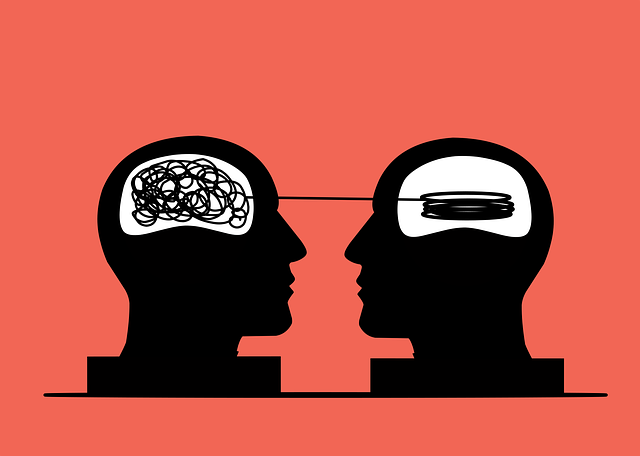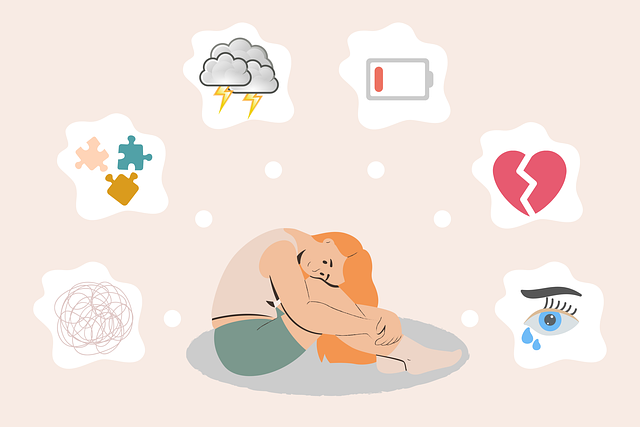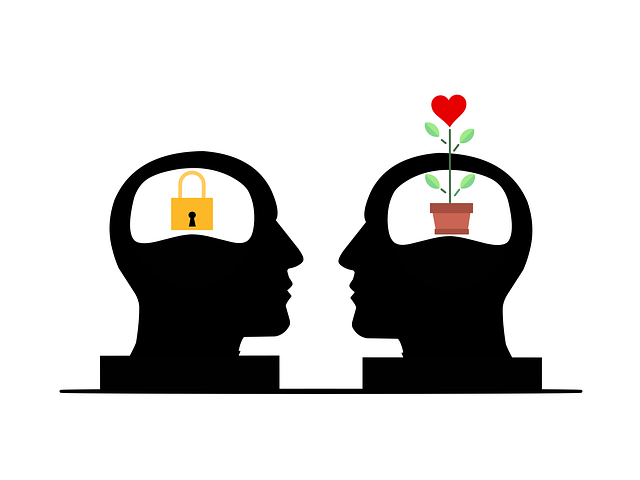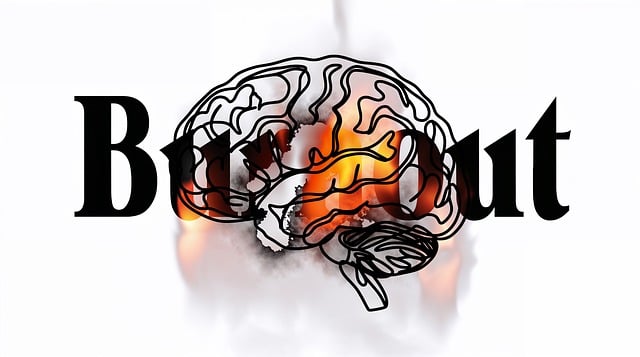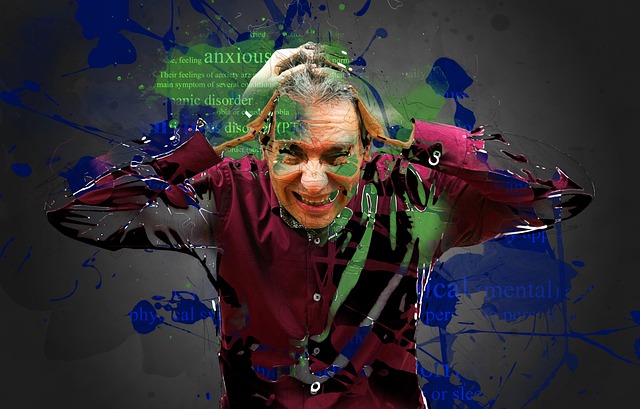The media's portrayal of Attention Deficit Disorder (ADD) and Attention Deficit Hyperactivity Disorder (ADHD) significantly impacts societal perceptions, often leading to stigma and hindering access to therapy for children with these conditions. To challenge negative stereotypes, compassion cultivation, emotional regulation strategies, and positive thinking should be promoted through media content. Accurate representation, including successful coping narratives, can foster empathy and improve access to care. Media literacy programs educate children about these issues, empowering them to understand their conditions and reducing stigma. Collaborative efforts between creators and consumers can ultimately enhance community well-being by integrating therapy for children with ADD-ADHD evaluations into media content.
Mental illness representation in media significantly impacts public perception, especially regarding conditions like ADHD. This article delves into the challenge of stigma and offers solutions through a multi-faceted approach. We explore how media influences the understanding of mental health, focusing on biases towards ADHD in children. By uncovering these biases, we empower positive change through accurate representation. Additionally, we discuss therapeutic interventions using media literacy to support children with ADHD during evaluations and treatment.
- Understanding the Impact of Media Portrayal on Mental Health Perception
- Uncovering Biases: How Media Shapes Stigma Around ADD/ADHD in Children
- Empowering Positive Change: Strategies for Accurate Representation
- Therapeutic Interventions: Supporting Children with ADD/ADHD Through Media Literacy
Understanding the Impact of Media Portrayal on Mental Health Perception

The media plays a significant role in shaping societal perceptions about mental health, particularly for vulnerable populations like children. The way mental illness is portrayed in films, television shows, and news articles can influence public understanding and attitudes, which, in turn, affect access to support and resources. When media representations are negative or stereotypical, they may contribute to stigma, leading to underreporting and undiagnosis of conditions such as ADD/ADHD. This can hinder children from receiving the necessary therapy and evaluations, impacting their overall well-being and development.
Compassion cultivation practices, emotional regulation strategies, and promoting positive thinking are essential components in challenging negative media portrayals. By presenting more nuanced and accurate representations, the media can foster empathy and reduce fear, encouraging communities to embrace and support individuals with mental health challenges. This shift in perception can lead to improved access to care, including therapy for children with ADD/ADHD, ensuring they receive the appropriate evaluations and treatment needed for a healthier future.
Uncovering Biases: How Media Shapes Stigma Around ADD/ADHD in Children

Media has a profound impact on shaping societal perceptions and beliefs about mental health, especially in children diagnosed with Attention Deficit Disorder (ADD) or Attention Deficit Hyperactivity Disorder (ADHD). Often, media portrayals perpetuate stereotypes and biases, contributing to the stigma surrounding these neurodivergent conditions. Children are particularly vulnerable to these messages, as they may internalize them, affecting their self-perception and how they understand their experiences.
Media narratives frequently depict ADD/ADHD as a character flaw or a sign of moral weakness, reinforcing the notion that those with these disorders are simply “lazy” or “disruptive.” Such representations fail to acknowledge the complexities of these conditions, which stem from neurobiological differences. This can lead to a lack of empathy and understanding among both peers and authority figures, hindering children’s access to appropriate therapy for ADD-ADHD evaluations and necessary support. To challenge this bias, it is crucial to foster cultural competency training for healthcare providers and encourage mental wellness journaling exercises that promote self-acceptance and inner strength development in children.
Empowering Positive Change: Strategies for Accurate Representation

Empowering Positive Change: Strategies for Accurate Representation
The media plays a significant role in shaping societal perceptions about mental health. By incorporating therapy for children with ADD-ADHD evaluations and other emotional healing processes into narratives, we can foster a more understanding and accepting environment. Accurate representation goes beyond simply showing characters struggling; it involves showcasing successful coping skills development through various media platforms, including Mental Wellness Podcast Series Production. This approach ensures that audiences gain insights into the complexities of mental illness while celebrating progress and recovery.
Positive change is achievable when media creators and consumers work together to challenge stereotypes and promote realistic portrayals. Encouraging open conversations about mental wellness can lead to increased support for individuals seeking help. Through responsible storytelling, we can inspire empathy, reduce stigma, and ultimately contribute to the overall well-being of our communities.
Therapeutic Interventions: Supporting Children with ADD/ADHD Through Media Literacy

Media can play a significant role in shaping young minds, especially when it comes to understanding and perceiving mental health conditions like ADD/ADHD. Therapeutic interventions through media literacy programs offer a promising approach to supporting children with these diagnoses. By educating them about mental health, these programs empower kids to recognize their symptoms, understand their experiences, and develop coping strategies. Through interactive activities, discussions, and age-appropriate content, children can learn to navigate media messages related to attention issues, fostering self-awareness and building resilience.
Media literacy goes beyond simply critical thinking; it equips children with the skills to identify positive representations of ADD/ADHD, promoting a healthier sense of self. This is crucial in mitigating the potential negative impacts of media stereotypes and inaccurate portrayals, which can contribute to stigma and misinformed perceptions. Moreover, these interventions can serve as a starting point for further therapy, such as evaluations and risk assessments tailored for mental health professionals, ultimately aiming to enhance stress reduction methods and boost confidence among affected individuals.
Media has a profound impact on shaping societal perceptions of mental health, particularly in children. By uncovering biases and promoting accurate representation, we can challenge the stigmatization associated with conditions like ADD/ADHD. Empowering parents, educators, and healthcare professionals with strategies for positive change is essential. Through media literacy and therapeutic interventions, we can support children with ADD-ADHD, enhancing their evaluations and fostering a more inclusive and understanding society. These efforts are vital steps towards improving mental health outcomes for young individuals.
